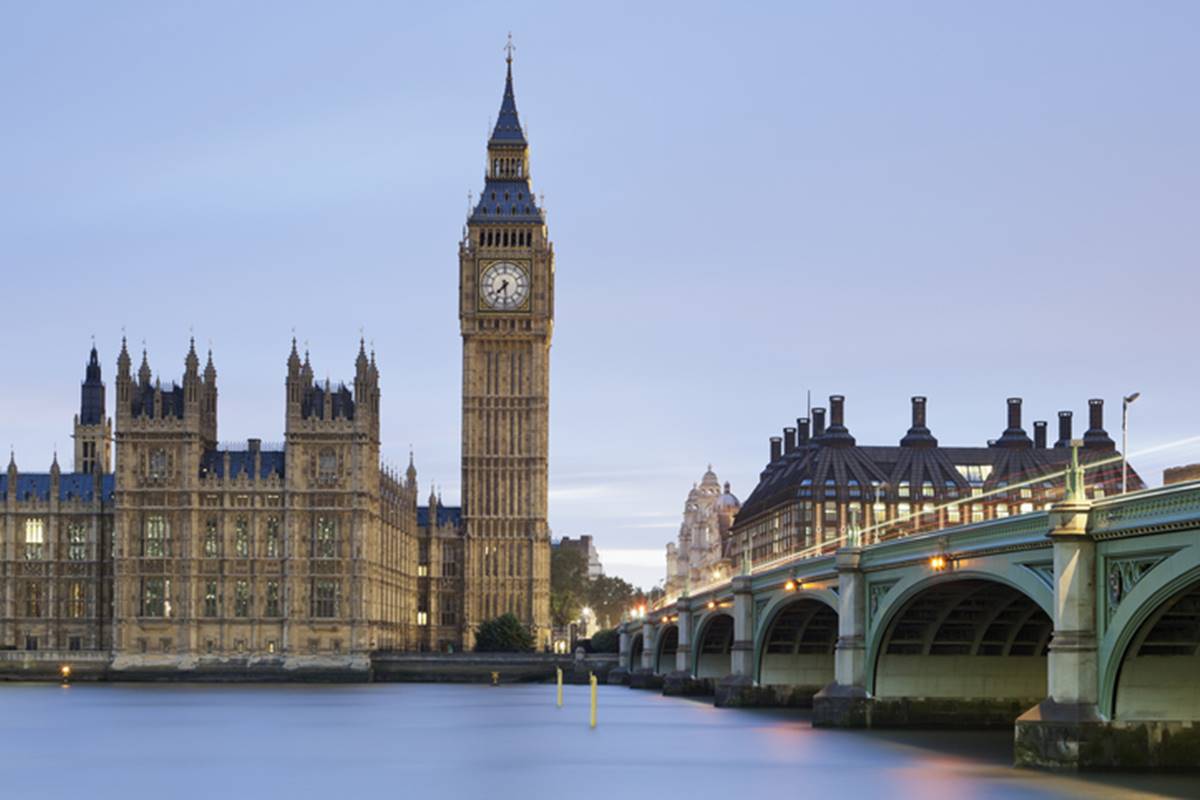From Berlin | Recent victories for the left in legislative elections in France and for Labor in the United Kingdom marked a moment of change in Europe’s political landscape. The progressive victory in both countries came less than a month after the far-right gained momentum in European Parliament elections and gave some relief to democratic forces in the region.
In the French case, the New Popular Front (NFP)A coalition of left-wing parties Huge number of chairs In parliament, and Marine Le Pen’s far-right National Rally party advanced in the first round, finishing third behind French President Emmanuel Macron’s Ensemble (Together) coalition.
The victory of the left in France surprised many, the extreme right, after its good performance in the first round, already took its victory for granted and was even recognized by political analysts. The French, however, overcame a high turnout in the first round and went to a referendum, handing victory to left-wing parties who must form a coalition with the center to form a new government.
In an interview forumTeacher Ariane RoederA political scientist and expert in international relations at the Postgraduate Studies and Research Institute at the Federal University of Rio de Janeiro, “Macron, with administrative problems, decided to advance with a risky strategy. Electoral legal measures in the country, against the background of the strength highlighted by the extreme right”.
“After the first round showed the victory of the extreme right, the coalition between the center and the left overcame their differences and found a way to control the progress of this extremist and conservative agenda. The results surprised even the most optimistic”, he points out.
In the United Kingdom, the Labor Party returned to power after 14 years with a landslide victory, winning 411 seats in Parliament and appointing the new Prime Minister. Keir Starmer, already predicted by research. According to Ariane Roeder, “This scenario indicates that political-ideological polarization dominates the European scene, weakening the centrist parties that start to act as a pendulum in this political balance.”
Polarization in Europe
Despite the left’s gains in the French and British elections, the far-right’s significant advance in the European Parliament elections is a worrying sign. In France itself, the far right won the European elections, as well as in Italy and Austria.
Germany’s case is particularly noteworthy, as the AfD, a far-right party that includes neo-Nazis, became the second political force in European elections in a country currently ruled by Olaf Scholz from the Community. The party – the Democratic Party (SPD), centre-left – had the worst performance in European Parliament elections in history.
“What this recent electoral movement reveals about the current European political climate,” observes Ariane Roeder, “is the growing ideological polarization that makes governance and government coalitions difficult.”
The results of elections in France show that a coalition between the center and the left can be effective in curbing the far right, according to international relations experts. But, warns the professor, “the challenge now is to make room for this coalition political arrangement and form a viable government.”
As for the United Kingdom, after 14 years at the helm of the Conservative Party, he highlighted, “the left is trying to provide more clear answers, to standardize its position on political agendas, and to transform the debate into a transnational one”.
Left wave?
Despite the growth of the far right, Arian Roeder assesses the left’s victories in France and the United Kingdom. It has the potential to inspire a more left-wing political wave in Europe. “These results will serve as a strategic lesson for left-wing parties in many countries around the world, as the far-right has been a very successful arrangement in articulating alliances in a way that the far-right cannot advance,” the professor highlights.
According to the professor, there are “three big lessons” left-wing parties in other countries can learn from the French and British cases.
“Increasing electoral participation, especially among young voters, revitalizing the movement of street demonstrations; expressing with the center, building a defensive coalition against the extreme right; and creating more unified and coherent agendas and discourses on the global left.”

“Internet evangelist. Writer. Hardcore alcoholaholic. Tv lover. Extreme reader. Coffee junkie. Falls down a lot.”



![[VÍDEO] Elton John’s final show in the UK has the crowd moving](https://www.tupi.fm/wp-content/uploads/2023/06/Elton-John-1-690x600.jpg)


More Stories
What is early voting about voting on November 5th?
King Charles visits health center in India – 10/30/2024 – Celebrities
Pending home sales in the U.S. have risen for more than four years